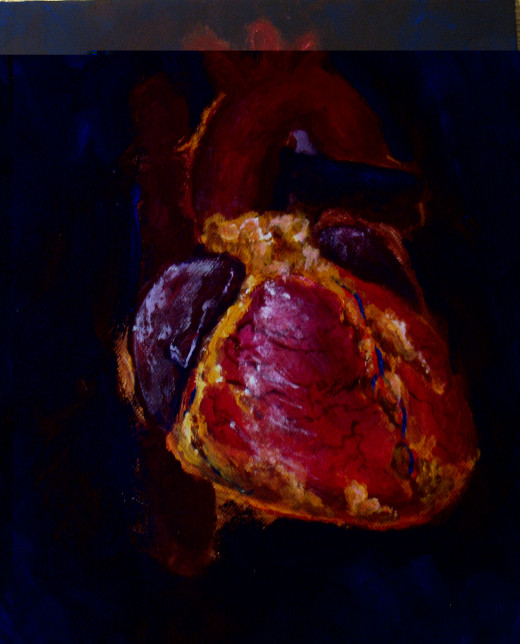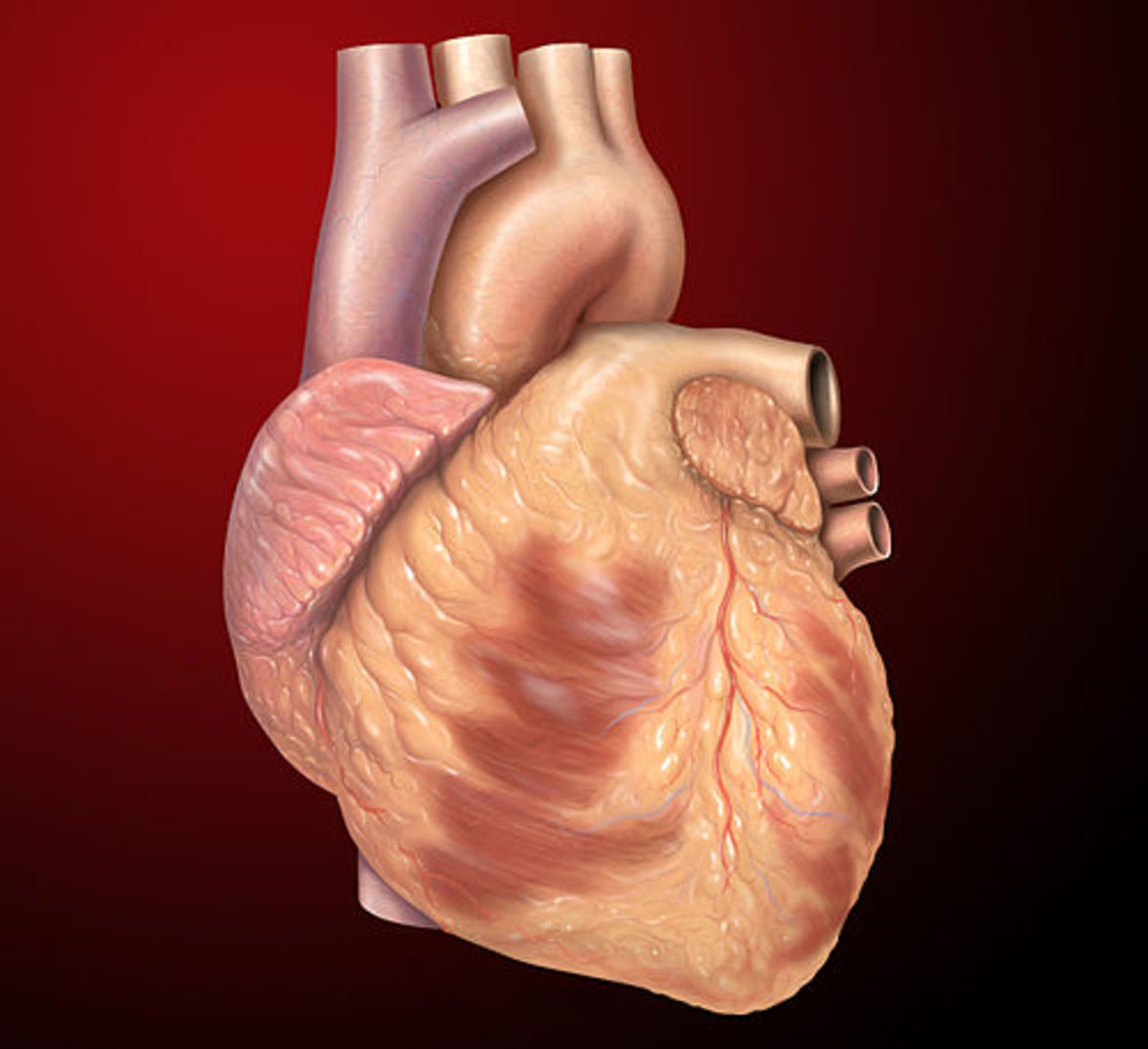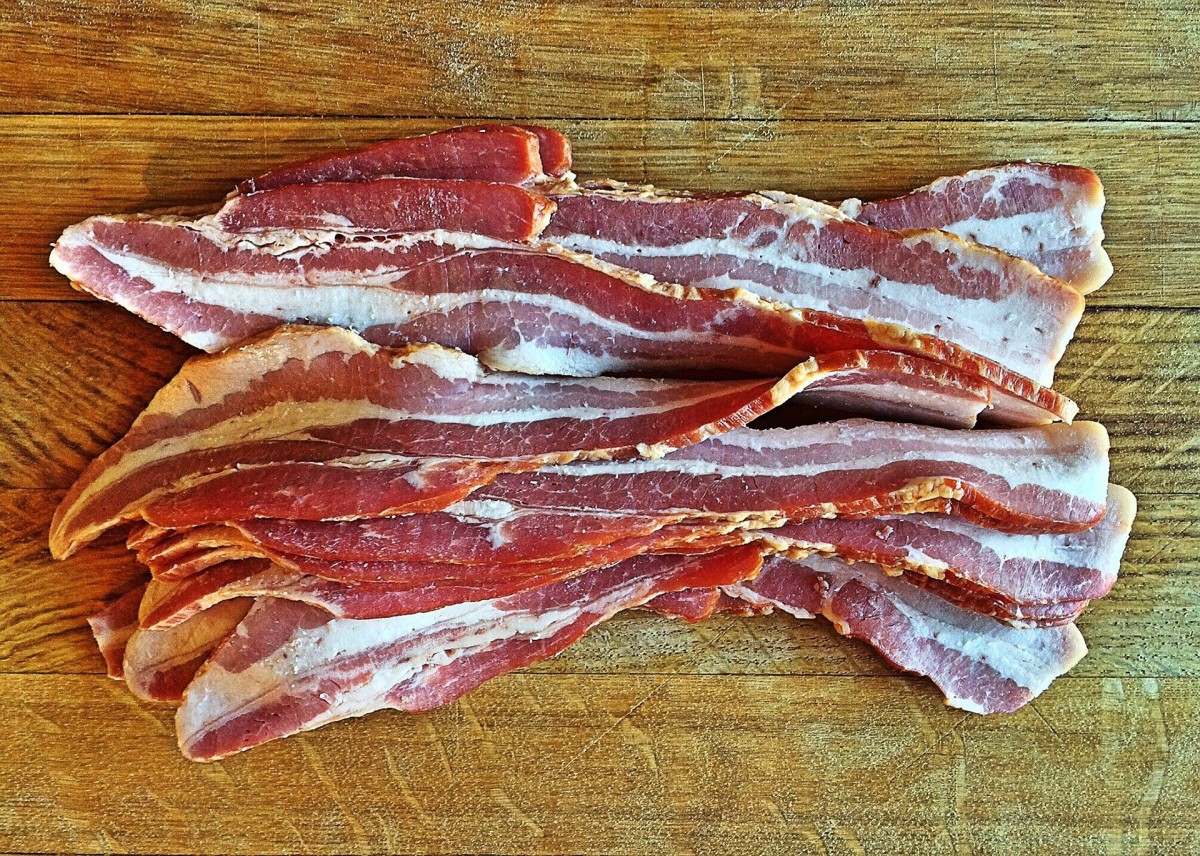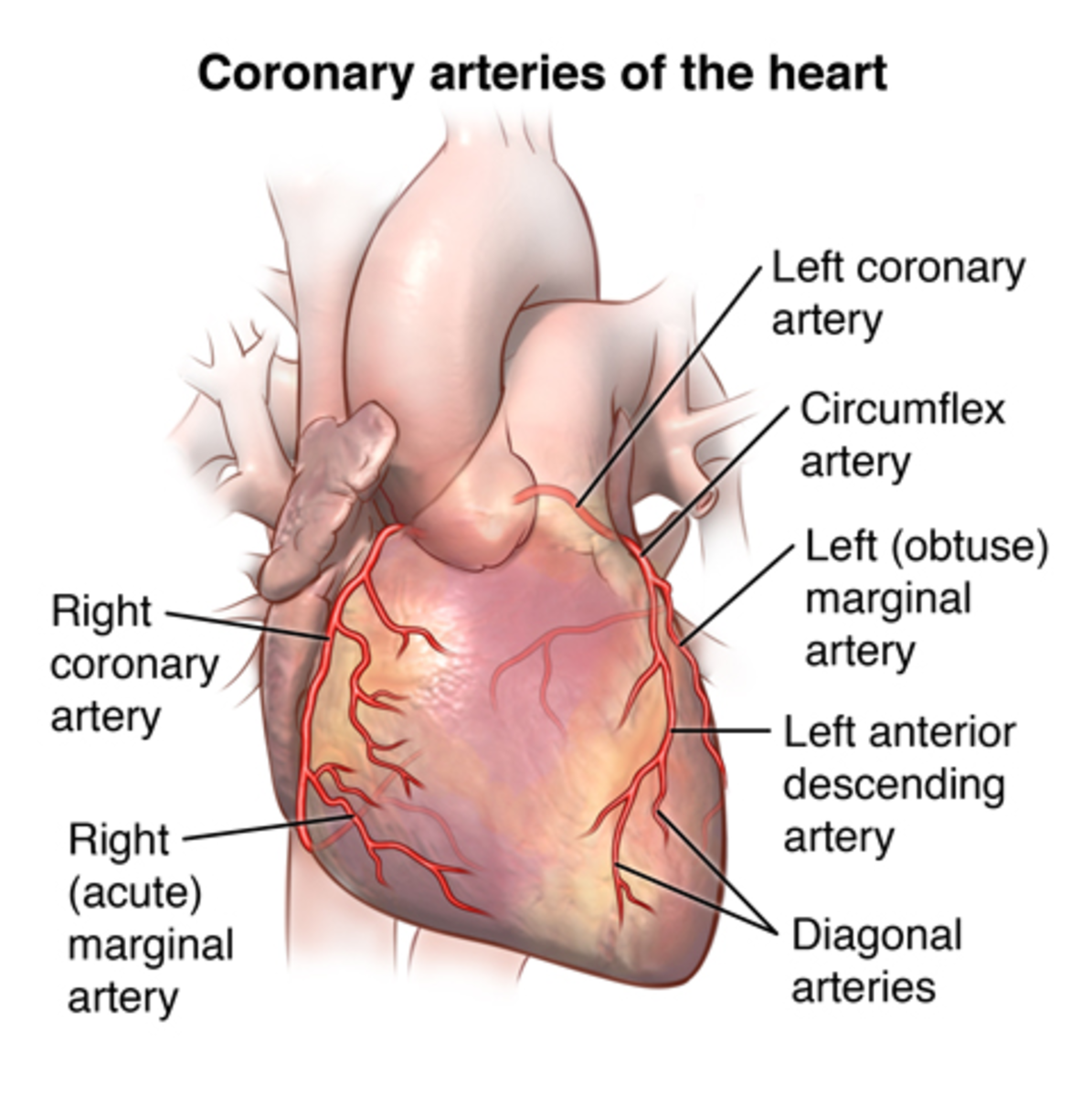Tips on Lowering Your Heart Disease Risk

It’s a well known fact that heart disease is the number one killer in America today. According to the Mayo Clinic, this disease is actually an umbrella term for a many different circulatory conditions.
One of my husband’s co-workers nearly became part of that statistic just before Thanksgiving. His heart stopped in the middle of the work day, and had my hubby not given him CPR, he wouldn’t be around today. Once the shock wore off, the incident threw heart health into the spotlight for us.
We can’t help some risk factors like age, gender and family history. However, the majority of those risks can be eliminated through changes in our lifestyles.
Stress Management Techniques
Long periods of stress cause high blood pressure and other health problems. Although stress is a daily occurrence in today’s world, we can manage how we handle it in a variety of different ways.
- Meditation
Because meditation requires you to focus your mind on something, it automatically lowers stress levels. - Yoga
There’s type of yoga out there for everyone. One of the beautiful things about this exercise is that it offers similar benefits as meditation does, but it also gently stretches, strengthens and realigns the body. - Deep breathing
Breathing exercises not only force the mind to slow down enough to concentrate on the act itself, but they also gradually build lung strength. If you have asthma or another type of respiratory problem, consult your doctor before giving it a try. - Taking regular breaks
It’s tempting to work right through break time, but fifteen minute breaks twice a day, plus lunch time actually increases productivity. This down time gives your mind a chance to decompress and your body a chance to move. This reduces stress levels and keeps repetitive motion injuries at bay.
Sweet 'N Fresh Heart Healthy Snack
- Chop 1-2 apples (Braeburn are great for this)
- Chop about a tablespoon of fresh ginger root. It doesn't need to be cut very finely.
- Put chopped apples and ginger into bowl
- Drizzle honey and toss to mix evenly
- For extra crunch, you can add granola to add a serving of whole grain
Heart Healthy Diet
Of course, we need protein, calcium, fats and cholesterol in our diets, but the diet most people have is too heavy on these. For a healthy heart, concentrate instead on fruits, veggies and whole grains
You also need to avoid processed food as much as possible. Yes, that means staying away from fast food and pre-packaged foods. That also means that cooking becomes a must.
Fortunately, even those of us who burn Jell-O can find recipes simple enough that we won’t incinerate ourselves and the house with us in an attempt to eat healthy. The crock pot is my best friend, as are easy to make veggie dishes.
Benefits of Chewing
When you chew each bite thoroughly and sit down while you’re doing it, your body is better able to digest the food.
This is because digestion truly begins in the mouth. When the food is mixed well enough with saliva and broken down into small enough pieces, the digestion process is easier from the stomach on. When you sit up while you eat instead of standing, your body is relaxed enough to allow the natural digestive process to take its course.
For the gardeners out there, it’s a little like composting. Smaller pieces of leaf decompose faster because it takes bacteria less time to break them down.
It’s a similar story in our stomachs and intestine. The bile from the liver is processed through the gallbladder to be mixed with acid in the stomach.
When you eat fatty and greasy foods or don’t chew your food thoroughly, the body is forced to produce higher acidity. Over time, this wears on all parts of the digestive tract, which nutrient absorption less efficient. That, of course, leads to obesity and general stress on the system, which can lead to heart disease.
Higher acid levels can also throw off the natural balance of bacteria in the gut. There’s a school of thought that those little intestinal residents are responsible for producing vitamin K, which the body uses to regulate where calcium goes.
Exercise Every Day
Exercise is the other big factor in keeping cholesterol levels and weight down. Ideally, you should get a good aerobic workout three to four times a week, but it’s a bad idea to just start on a program without working your way up to one.
What tends to work is to start incorporating exercise into your day to day life. These suggestions are surprisingly easy to do every day once you get into the habit of doing them.
- Walk
Take walks during your breaks at work. Walk to the store instead of driving. Park further away and walk the distance to your workplace. Take the bus, so you can walk to and from stops.
Getting a pedometer might encourage you to keep walking. Looking at how far you’ve walked any given day will lend an extra sense of accomplishment to your evenings.
- Exercise At the Desk
When I’m working at home, I like to sit on my yoga ball and rock back and forth. Its amazing how much of a work out it gives my legs, back and abs. The motion is also very soothing.
There are also small yoga balls available to use in desk chairs and some pretty neat bike petal machines you can use as you type. Standing work stations are also available. The act of standing burns more calories than sitting. Discuss these options with your supervisor, and you might inspire them to improve their health with these options as well. - TV Time
Exercises like jumping jacks or crunches that need no equipment and can be done during commercials. If you’re a Dr. Who fan like I am, you may have seen an exercise game floating around the internet. It’s full of things like, “Do six crunches every time the Doctor apologizes.” Get creative, and you can probably make these sorts of games for any show or movie. - Dance, Dance, Dance
Personally, I hate cleaning, but cranking the tunes and dancing like a fool makes it go faster. I know people who dance in the shower, too. It’s easier than you might think to fit some dancing into private time. Because dancing involves so much movement, it unleashes endorphins and improves the mood, too. - Turn It Into Family Time
Break out the bicycles or take your kids to the park and run around with them. There are also quite a few classes available through community education. Martial arts are an outstanding option because you learn self defense and get in shape at the same time.
Stop Smoking
Many people use cigarettes to relieve stress. Nicotine calms the individual during stressful times by kick-starting dopamine production. Ironically, the chemical works on blood pressure in the same way that stress does.
Nicotine also encourages adrenalin production. This hormone is what fills the blood stream when you’re in danger. When it’s introduced, the heart automatically picks its rate up and blood pressure spikes. Over a prolonged period of time, the body begins keeping blood pressure elevated all the time.
Every year, we hear about carbon monoxide poisoning from poorly functioning appliances. Smoking cigarettes does the same thing on a smaller, more prolonged scale. Carbon monoxide works by taking the place of the oxygen molecule that the hemoglobin in your blood attracts. This basically starves the body tissues of oxygen, causing cell damage and death. Because your circulatory system is working harder to get your body the oxygen it needs, arterial walls begin to harden and the heart becomes stressed.
There are many stop smoking programs and products available. If you have health insurance, your company may have programs available, and be willing to lower your premium once you quit.
Other Tools for Heart Health
What it is
| How it Helps
| Where to Get It
|
|---|---|---|
Vintamin D
| Nutrient absorption and calcium regulation
| Sunshine, D Enriched Dairy, Suppliments
|
Omega-3 Fatty Acids
| Lowers blood pressure
| Fish, Flax Seed, Suppliments
|
Dark Chocolate
| Moderate amounts of dark chocolate provide anti-oxidants
| Most stores that sell candy
|
Green Tea
| High anti-oxidant levels
| Tea isle or tea shops
|
Drink Moderately or Not at All
There are quite a few studies linking the anti-oxidants in red wine to heart health. However, the suggested serving only one or two 6 oz glasses of wine. When you drink more than three glasses of alcohol a day for long periods of time, heart and liver problems can develop.
Because alcohol thins the blood, drinking too much can cause higher blood pressure and stroke. Most drinks have pretty hefty calorie content, so it’s also a contributing factor to obesity and weight gain, both of which are strong risk factors for heart disease.
The American Heart Association recommends not drinking regularly if you don’t already. If you already consume alcohol regularly, restrict your drinking to no more than one to two drinks a day.

Watch Your Weight
Being overweight is the primary cause of heart disease, but being underweight can be just as dangerous. The key is to maintain a healthy weight for your frame.
To get a better idea of what your target weight should be, there are a few things to look at.
- Overall Health
If you have high energy levels and don’t get sick often, you’re probably taking in the right balance of calories and nutrients to keep your body functioning well. - Consult Your Doctor
Discuss the best weight for your build, gender and age with your doctor. If possible, talk to a dietician about it, too. - Body Image
Don’t fall for the standards set by the media. Most images in ads and magazines are heavily airbrushed. The only thing that really counts when it comes to your weight is how you feel in and about your body. - Avoid Fad Diets
Not only are these diets extremely unhealthy, the weight usually comes right back once you stop. Finding a sensible balance of diet and exercise will keep working for life.
It takes some self education, effort and dedication to good health, but it is possible to live a happy, heart disease free life.








